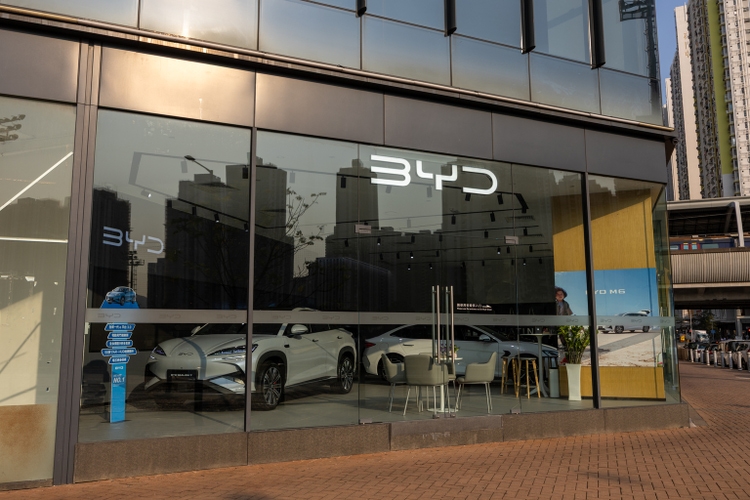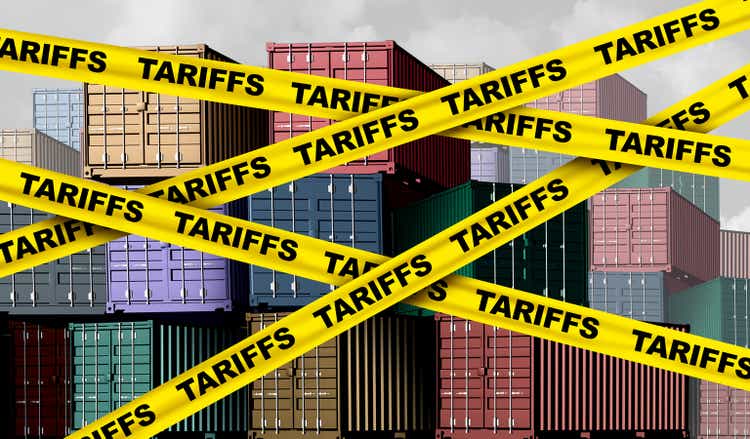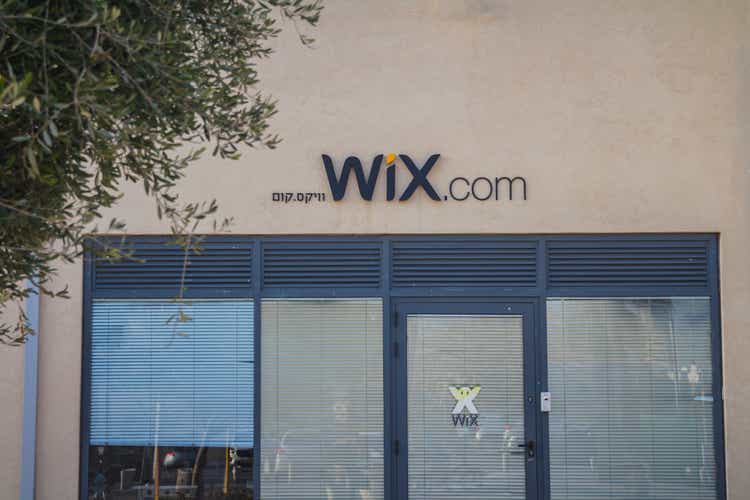Kia has announced sharp price cuts across its India portfolio, passing on the full benefit of the GST 2.0 rate reduction to customers. The revised prices, effective from 22 September, come just ahead of the festive season, making popular Kia models significantly more affordable.
SUV line-up gets major revisions
In the mid-range SUV category, Kia's bestsellers have seen steep price corrections. The Seltos is now cheaper by up to Rs 75,372, while the Syros has received a reduction of up to Rs 1.86 lakh.
Budget-conscious buyers will also benefit as the compact SUV Sonet comes with a discount of up to Rs 1.64 lakh. The Carens Clavis sees a price drop of up to Rs 78,674, while the standard Carens is cheaper by up to Rs 48,513.
Carnival sees steepest cut
Kia's premium MPV, the Carnival, has received the steepest cut of all - its prices are down by up to Rs 4.48 lakh.
Kia Model-Wise Price Cuts
Sonet – Rs 1,64,471
Syros – Rs 1,86,003
Seltos – Rs 75,372
Carens – Rs 48,513
Carens Clavis – Rs 78,674
Carnival – Rs 4,48,542
(Price reductions effective from 22 September 2025)
GST 2.0: How Car Prices Are Changing
The GST Council, at its 56th meeting since the indirect tax regime was launched in 2017, introduced sweeping changes under GST 2.0. The broad tax rate for automobiles has been cut by 10 percentage points to 18 per cent.
Key changes under GST 2.0
Petrol, hybrid, LPG and CNG passenger cars under 1,200 cc (sub-4m) now taxed at 18 per cent (down from 28 per cent).
Diesel and diesel-hybrid cars under 1,500 cc (sub-4m) brought down to 18 per cent from 28 per cent.
Three-wheelers shifted to 18 per cent from 28 per cent.
Motorcycles up to 350 cc taxed at 18 per cent instead of 28 per cent.
Goods vehicles also moved to 18 per cent from 28 per cent.
Smaller vehicles such as hatchbacks, compact sedans, and compact SUVs now fall into the 18 per cent slab. Mid-size, large, and luxury models continue to attract 40 per cent. Earlier, internal combustion engine (ICE) vehicles were taxed at 28 per cent plus a cess ranging from 1 to 22 per cent.
For electric vehicles, the GST remains unchanged at 5 per cent. Hydrogen fuel cell vehicles (FCEVs) will now attract 5 per cent GST, down from 12 per cent. The automotive industry has welcomed the reforms, calling them a boost to affordability and demand.

 18 hours ago
1
18 hours ago
1



















 English (US) ·
English (US) ·